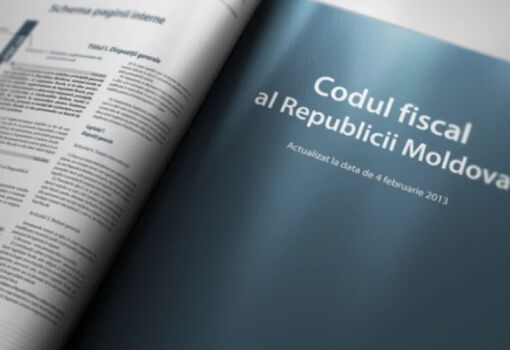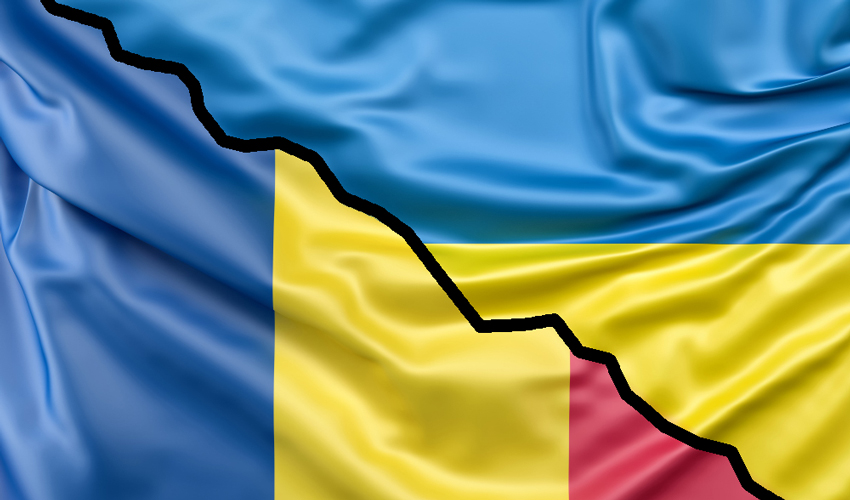
The document contains a number of simplifications for business. For example, it is planned to improve the procedure for the registration of legal entities and individual entrepreneurs in State registers, including by electronic means.
In addition, barriers to the use of virtual cash registers will soon be removed and the obligation to print a receipt on a physical medium if it is issued electronically will be abolished.
Entrepreneurs will be able to use electronic checks (eBon). Apps can be installed on a phone, tablet or computer and tax receipts will be issued automatically and can be sent to customers via email or SMS. Documents can be printed if necessary.
Among the provisions of the bill and the introduction of a mechanism to attract the so-called “digital nomads”. These are specialists who work remotely for companies abroad or conduct business using digital technologies. According to calculations, each such specialist will annually contribute about 186,000 lei in taxes to the state budget. Besides, this mechanism will attract specialists from different fields to Moldova and create prerequisites for business migration from other jurisdictions. At the same time, the mechanism of granting temporary residence rights to foreigners working in the IT sector in Moldova will be updated.
Another proposal of the authors is that economic agents managing POS terminals will be able to dispense cash to holders of payment instruments. This will take place at the client’s request and if there are available funds, but not more than 1,000 lei per transaction. In this way, the authorities want to increase digital inclusiveness and trust in modern payment instruments.
The draft law was prepared by the Ministry of Economy with the support of the Economic Council under the Prime Minister of Moldova and the Association of ICT Companies and GIZ.













